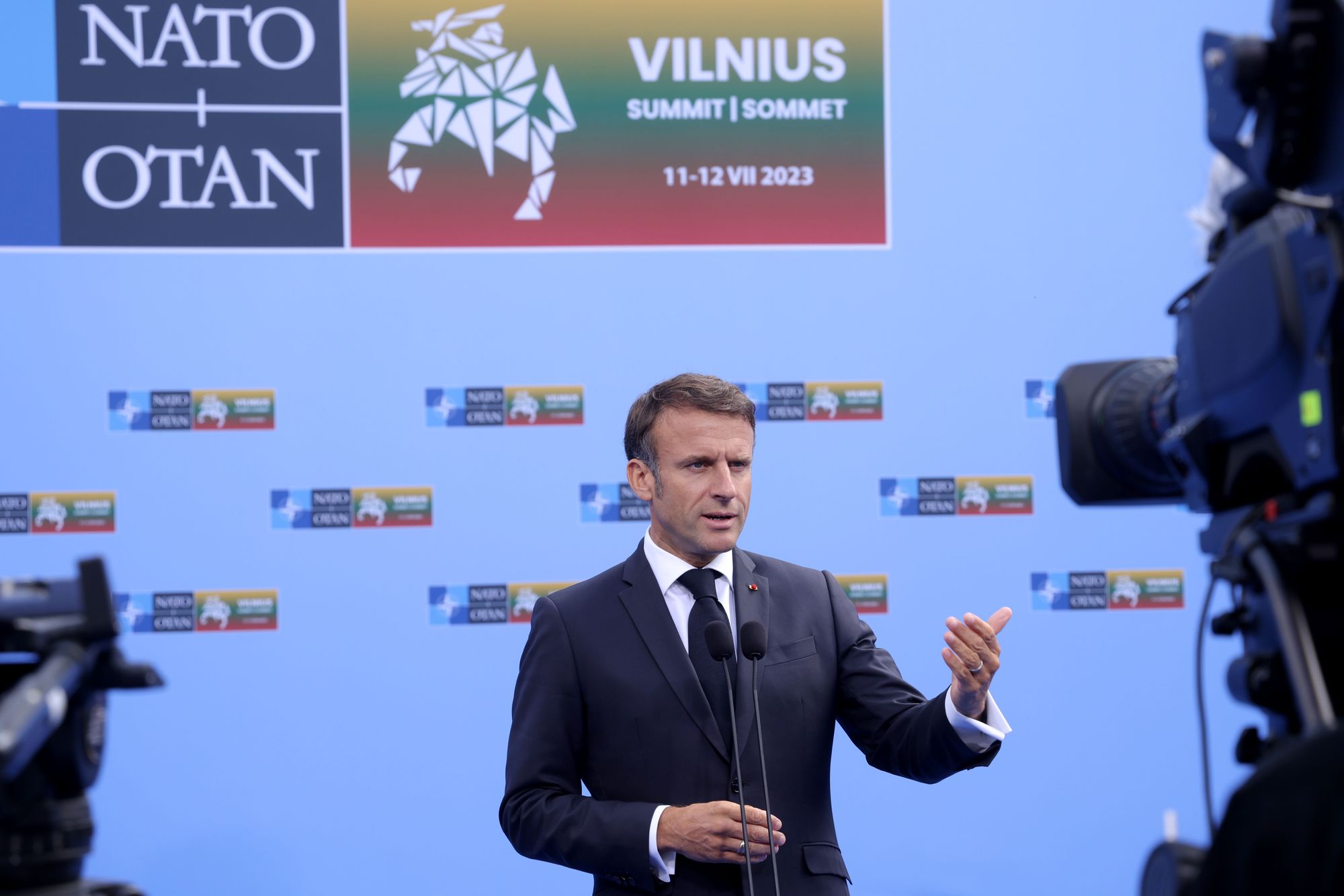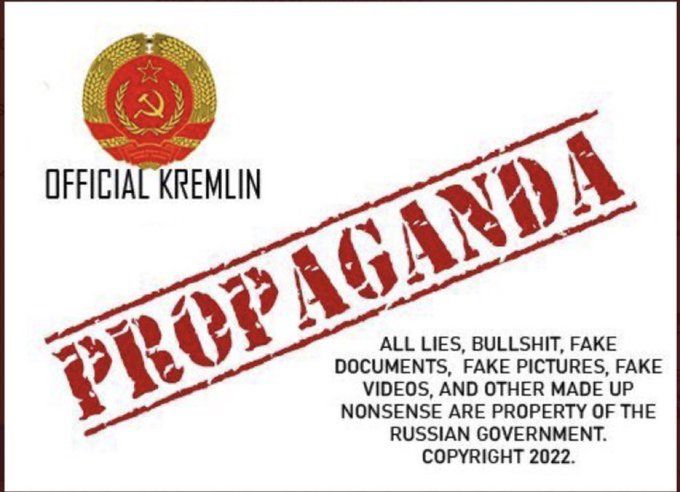This finding reveals a troubling connection between radical-right politics and the deliberate spread of falsehoods—a tactic designed to exploit cultural fears, undermine trust in institutions, and destabilize democracy itself.
What the Research Found
The researchers examined millions of tweets, focusing on the URLs politicians shared. These links were cross-referenced with databases like Media Bias/Fact Check (MBFC) and the Wikipedia Fake News List, which rank sources based on their factual accuracy. Using this data, the researchers scored political parties based on the quality of the information they shared.
Key findings include:
- Radical-Right Populists Spread the Most Misinformation:
- Politicians from radical-right populist parties shared significantly more links to low-factuality sources than any other political group.
- Misinformation was not linked to populism alone but specifically to radical-right populism.
- Left-Wing Populists and Mainstream Parties Are Less Likely to Share Misinformation:
- Left-wing populists, who focus on economic grievances and inequality, were no more likely than mainstream parties to spread misinformation.
- This highlights a key difference: Radical-right populists weaponize cultural fears, while left-wing populists focus on economic issues.
- Social Media Plays a Critical Role:
- Platforms like X amplify sensationalist and misleading content, rewarding posts that generate high engagement. Radical-right populists have mastered this dynamic, using it to magnify their messages and bypass traditional media gatekeepers.
Examples of Radical-Right Misinformation in Action
To understand the real-world impact of this trend, consider these examples:
- U.S. Election Fraud Claims: After the 2020 U.S. presidential election, prominent Republican leaders repeatedly claimed the election was stolen, despite no evidence of widespread fraud. This misinformation fueled distrust in the electoral process.
- Brexit Campaign: In the UK, pro-Brexit leaders falsely claimed that leaving the EU would free up £350 million per week for the National Health Service (NHS). The claim was later debunked but had already influenced voters.
- COVID-19 Misinformation: Leaders like Brazil’s Jair Bolsonaro promoted false claims about COVID-19 treatments and downplayed the severity of the pandemic, undermining public health efforts.
Why Radical-Right Populists Rely on Misinformation
The connection between radical-right populism and misinformation is rooted in their political strategies:
- Distrust of Institutions: Radical-right populists often portray mainstream media, governments, and democratic institutions as corrupt or untrustworthy. By spreading misinformation, they undermine these institutions and position themselves as the only “truth-tellers.”
- Exploiting Cultural Fears: These parties thrive on divisive issues like immigration, national identity, and cultural change. Misinformation—like exaggerated claims about crime rates or threats to national sovereignty—stokes fear and rallies their base.
- Creating Alternative Media Ecosystems: Radical-right movements have built their own media networks, including blogs and online news platforms, that amplify their narratives. These outlets often lack journalistic standards, making them fertile ground for spreading misinformation.
Social Media’s Role in Amplifying Misinformation
The study highlights the critical role of platforms like X and Facebook in spreading misinformation:
- Direct Access to Voters: Social media allows politicians to bypass traditional media and connect directly with their followers.
- Engagement Over Accuracy: Algorithms prioritize sensational content that drives clicks and shares, often at the expense of factual accuracy.
- Amplification Across Platforms: Misinformation often migrates from social media to traditional media. For example, Donald Trump’s tweets about election fraud were widely reported on TV, amplifying their reach.
What Can Be Done About Misinformation?
While the findings are alarming, there are actionable steps we can take to address the problem:
- Improve Media Literacy:
- Teach people how to identify misinformation. Fact-checking tools like Snopes and FactCheck.org can help.
- Integrate media literacy programs into schools to equip the next generation with critical thinking skills.
- Hold Social Media Platforms Accountable:
- Advocate for stronger regulations requiring platforms to reduce the spread of false information.
- Support efforts to label or remove posts flagged as misinformation.
- Support Independent Journalism:
- High-quality, fact-based reporting is a crucial counterweight to misinformation. Subscribe to reputable news outlets and encourage others to do the same.
- Call Out Politicians:
- Demand accountability from leaders who spread falsehoods. Public backlash, media scrutiny, and regulatory consequences can deter bad actors.
The Bigger Picture
The rise of misinformation and radical-right populism is not just a coincidence.
Both are symptoms of a larger crisis in trust. As traditional institutions lose credibility, radical-right populists exploit the void by offering alternative “truths” rooted in sensationalism and fear.
The study’s authors conclude: “Misinformation and radical-right populism must be understood as inextricable and synergistic—two expressions of the same political moment.”
Addressing one requires addressing the other.
Acknowledgment
This article is based on research by Petter Törnberg and Juliana Chueri, published in The International Journal of Press/Politics. You can read the full study here.
For further reading, check out:
- Media Bias/Fact Check – Tool used in the study to classify media sources.
- How to Spot Fake News – Practical tips from FactCheck.org.
- Understanding Political Misinformation – SAGE Journals.
















